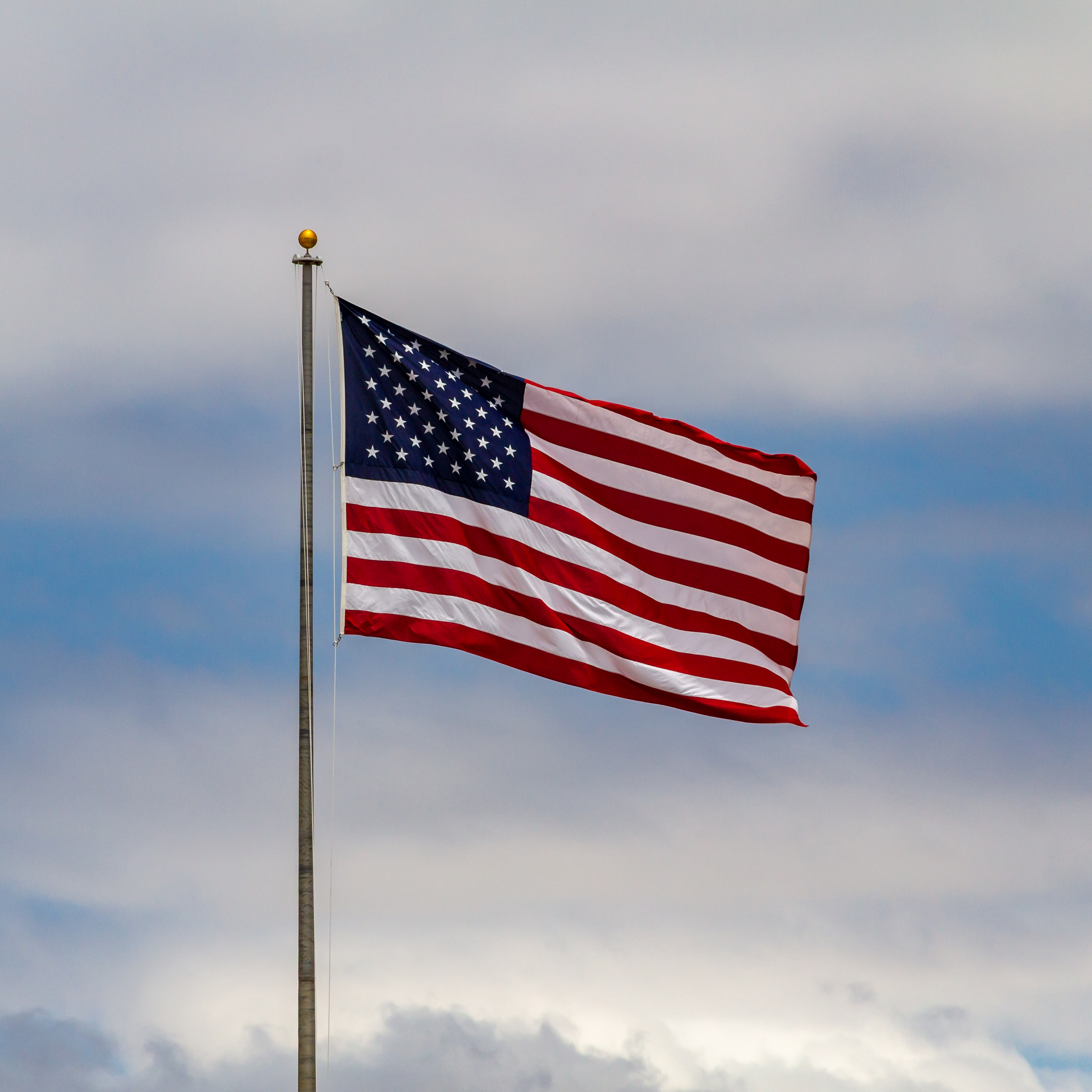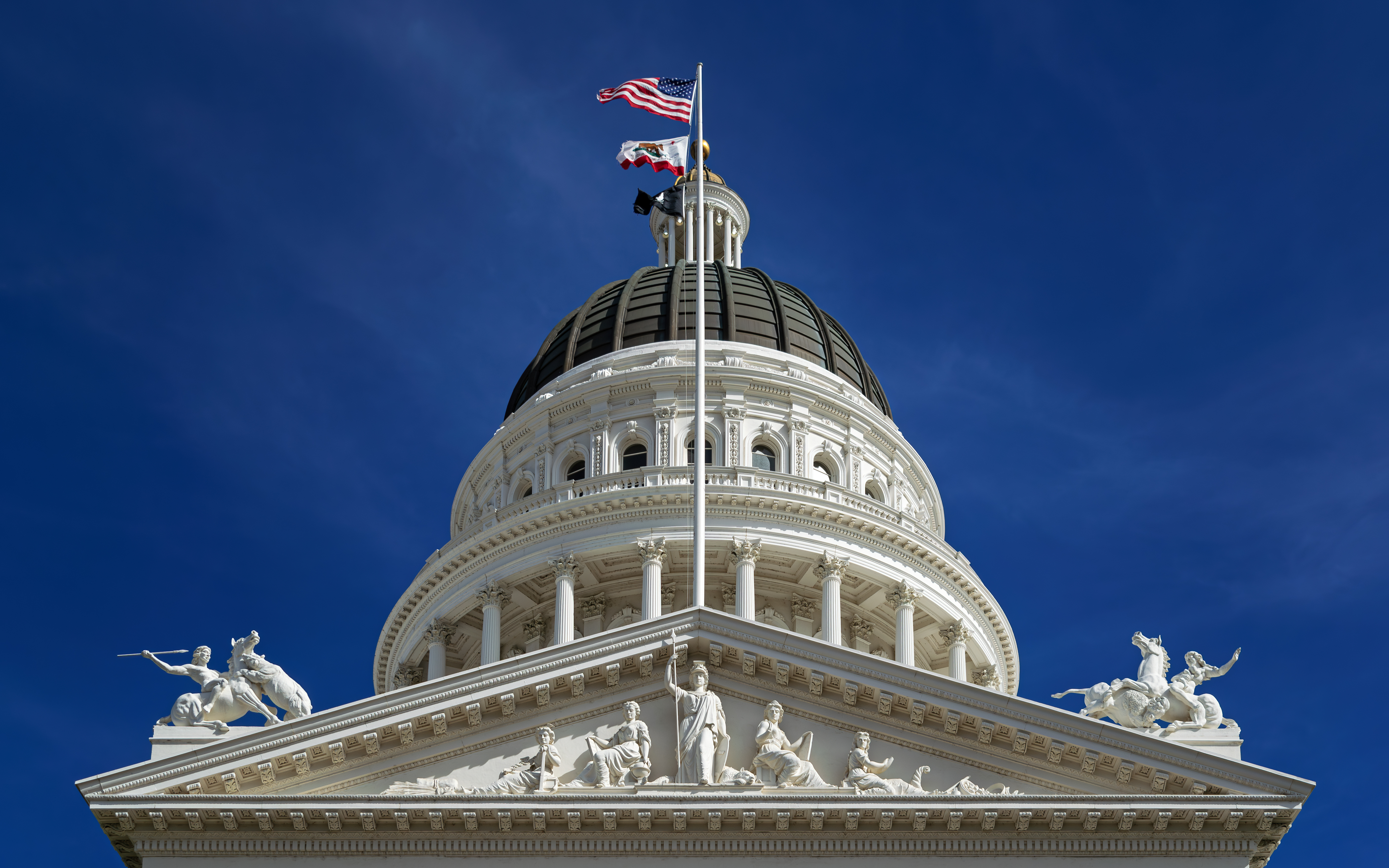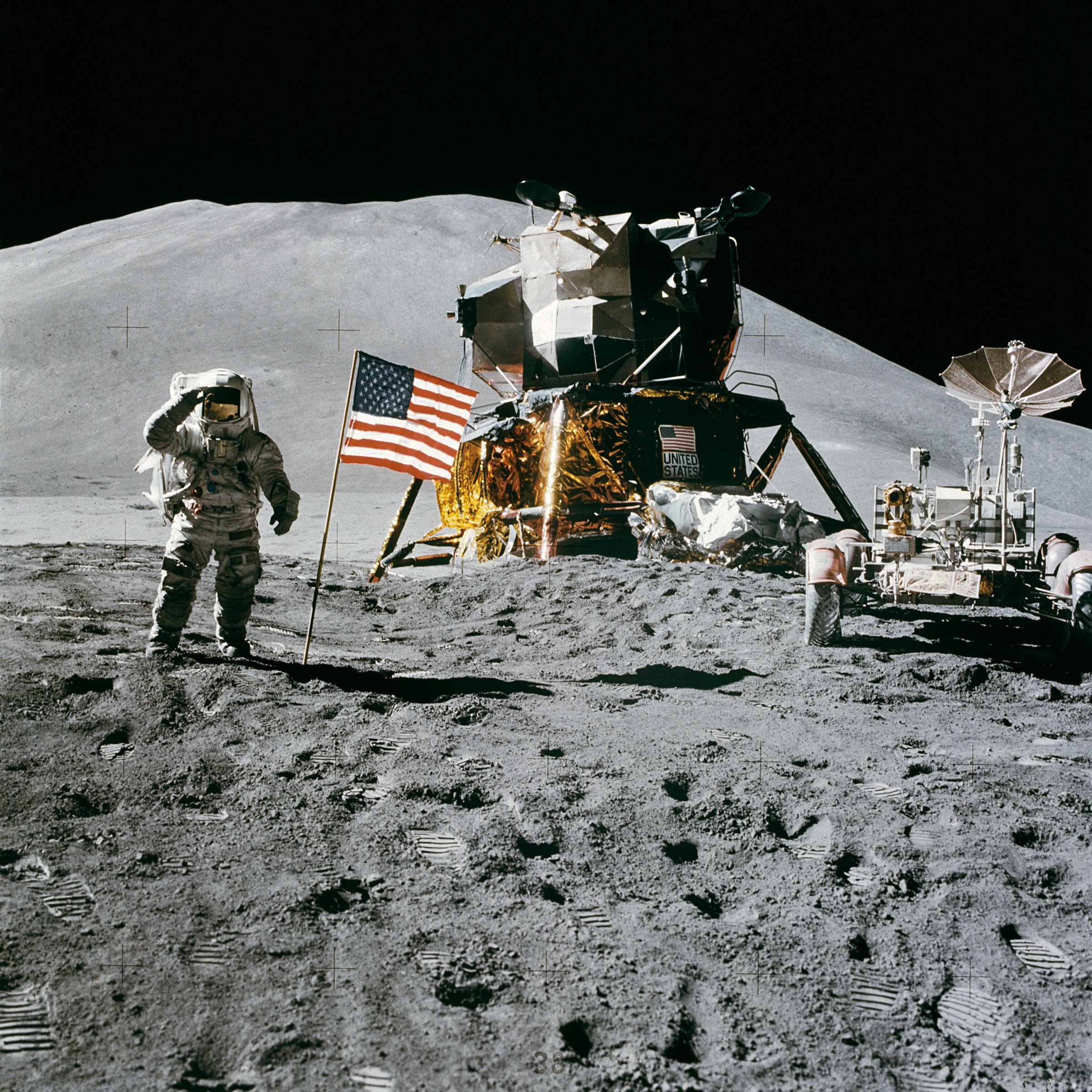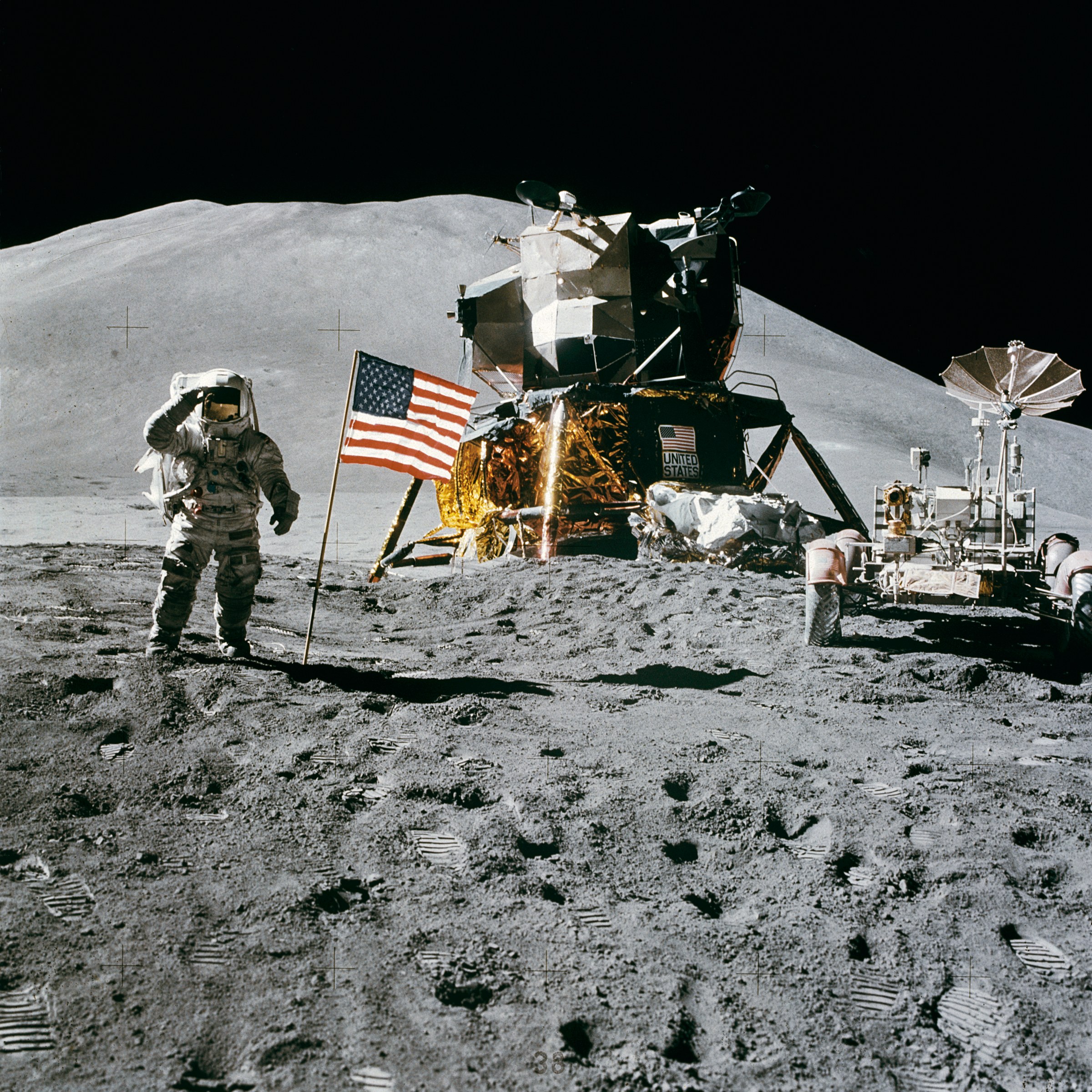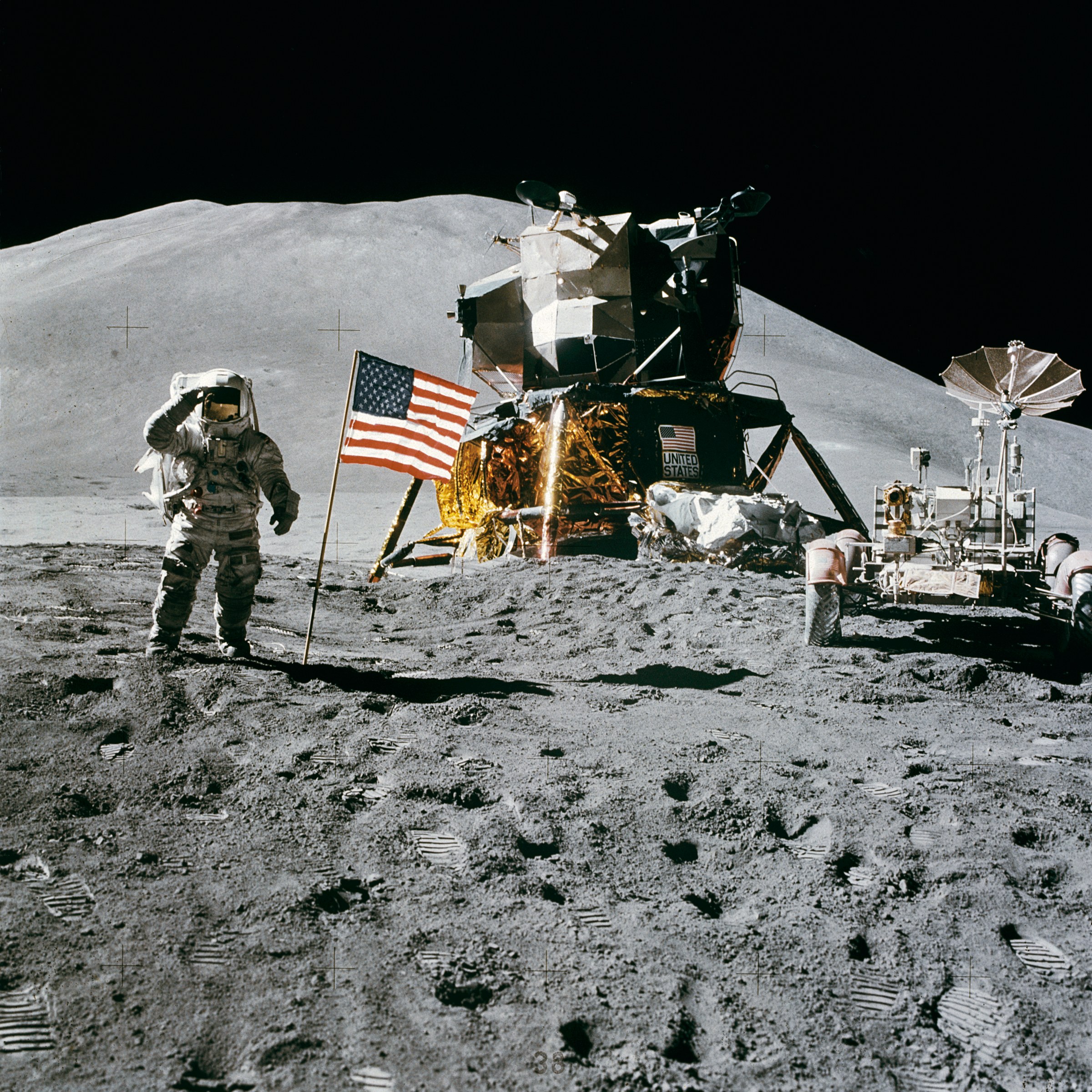When Bill Maher starts praising Donald Trump’s foreign policy over Joe Biden’s approach, you know something seismic has shifted in American political discourse. The HBO host’s recent candid assessment of Trump’s Saudi Arabia strategy versus Biden’s failed isolation attempt represents more than just another liberal commentator eating crow—it’s a watershed moment that validates the America First approach to international relations.
Maher’s admission cuts straight to the heart of what constitutional conservatives have understood all along: pragmatic diplomacy that prioritizes American interests delivers real results, while virtue-signaling foreign policy creates dangerous power vacuums that our adversaries are eager to fill.
Trump’s approach to Saudi Arabia embodied the kind of transactional diplomacy that the Founders would have recognized and applauded. Rather than lecturing from a position of moral superiority, Trump engaged the Kingdom as a strategic partner whose cooperation served vital American interests. The results speak for themselves: strengthened energy partnerships, billions in defense contracts supporting American jobs, and the diplomatic groundwork that made the historic Abraham Accords possible.
Compare that track record to Biden’s spectacular miscalculation. The current administration’s attempt to isolate Saudi Arabia—complete with theatrical gestures like declassifying intelligence reports and public condemnations—achieved nothing except weakening America’s position in the region. Within months, Biden found himself hat-in-hand, desperately seeking Saudi cooperation on oil production as gas prices soared and American families suffered at the pump.
The contrast couldn’t be starker. Trump’s realpolitik approach maintained American leverage while advancing concrete national interests. Biden’s moralistic posturing surrendered that leverage for applause from European allies and editorial boards—neither of which helped American workers or enhanced our strategic position.
This isn’t just about Saudi Arabia. It’s about a fundamental philosophical divide over how America should engage with an imperfect world. The globalist establishment’s approach treats foreign policy as an extension of domestic virtue signaling, prioritizing international approval over American advantage. The America First model recognizes that our primary obligation is to the American people, not to abstract moral principles that often conflict with our national interests.
Maher’s acknowledgment also highlights the strategic brilliance of Trump’s broader Middle East realignment. By maintaining productive relationships with Saudi Arabia and other Gulf states, Trump created the conditions for unprecedented Arab-Israeli cooperation. The Abraham Accords didn’t emerge from a vacuum—they required years of patient relationship-building with partners who shared America’s interest in containing Iranian expansion and promoting regional stability.
The economic implications of these competing approaches extend far beyond oil prices. Trump’s engagement strategy preserved American jobs in defense manufacturing, energy technology, and financial services. When Biden attempted to freeze out the Saudis, he effectively invited Chinese and Russian competitors to fill the void—a strategic blunder that weakened American economic influence across the region.
Constitutional conservatives should take particular satisfaction in seeing Trump’s approach vindicated by such an unlikely source. The Founders understood that effective diplomacy requires engaging with nations based on mutual interests, not shared values. They would have recognized Trump’s Saudi strategy as classic American statecraft: confident, pragmatic, and relentlessly focused on advancing our national interests.
This moment also reveals the intellectual exhaustion of the foreign policy establishment that has dominated Washington for decades. When liberal commentators start acknowledging the superiority of America First diplomacy, it signals a broader recognition that strength-based engagement produces better outcomes than weakness disguised as moral leadership.
Looking ahead, patriots should view Maher’s admission as validation of a foreign policy approach that puts American workers, American security, and American interests first. As we face mounting challenges from China, Russia, and Iran, the choice between Trump’s proven realpolitik and Biden’s failed idealism becomes even clearer.
The path forward requires leaders who understand that America’s greatest contribution to global stability comes not from moral preening, but from the confident exercise of American power in service of American interests. That’s the lesson of Trump’s Saudi success—and even Bill Maher can see it.

